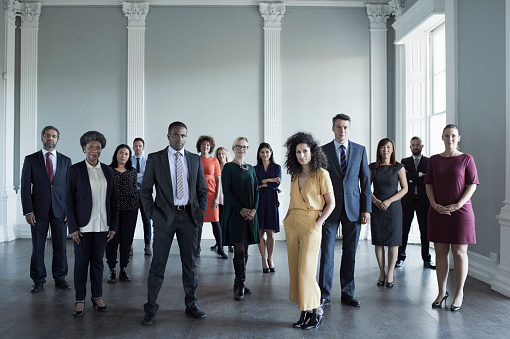
A NEW essay collection called An agenda for action: Reducing racial inequality in modern Britain has been released today (30) to ‘unblock’ the political culture clash on race in the UK.
Written by leading decision makers and opinion formers from across the public, private and third sectors, the essay collection is edited by the independent think-tanks Bright Blue and British Future.
It claims that political debate on race in the UK today is ‘stuck’ and ‘increasingly polarised’ at a time when it should be building support for ambitious, actionable policies that could meaningfully tackle racism and racial inequality.
The collection includes a set of proposals to reduce racial inequality in the various sectors of Britain, covering sectors such as employment, education, health, civil service, and online.
Some of the proposals put forward in the collection include:
The essays focus on three key areas- opportunities, justice, and belonging – believing that the focus on these areas requires the most urgent attention.
Lord Adebowale CBE (current Chair of NHS federation), Sandra Kerr CBE (diversity adviser), and Mark Emmerson (Chair of London Trust leaders Network at Confederation of School Trusts) have contributed to this collection.
Also, Labour MP Rupa Huq and Conservative Steve Baker have both contributed forewords to the collection.
Sunder Katwala, director of British Future, said: “There is more common ground than we think on race. Most people recognise that discrimination still exists and that it leads to people being denied equal chances in life. There is much public agreement on what we can do about it too once the debate moves from theory to proposals for action.
“More diversity at the top of politics is a sign of progress on race in Britain. But voters will judge politicians by what they do and the impact it has on people’s lives.”
Ryan Shorthouse, director of Bright Blue, said: “We have a frustratingly circular debate about whether modern Britain is institutionally racist or not.
“Instead of our politics fixating on an academic debate about the terminologies for racism in modern Britain, it is desperately important to instead focus on specific and actionable ideas that will actually mitigate the racism and racial inequalities that manifestly still exist in this country.”
Unemployment rates are higher for ethnic minorities than for white people. There are lower levels of confidence in the police among black people. Black Caribbean children are considerably more likely to be excluded from schools than white children.
There is scope for consensus on specific, concrete actions that would make a difference in addressing inequalities. Action needs to come not only from the government but from institutions across society.
British Future is an independent, non-partisan think-tank and registered charity, that engages people’s hopes and fears about integration and migration, identity, and race.
Bright Blue is an independent think-tank for liberal conservatism. They defend and improve liberal society. Their primary role is to create and vet government policy.